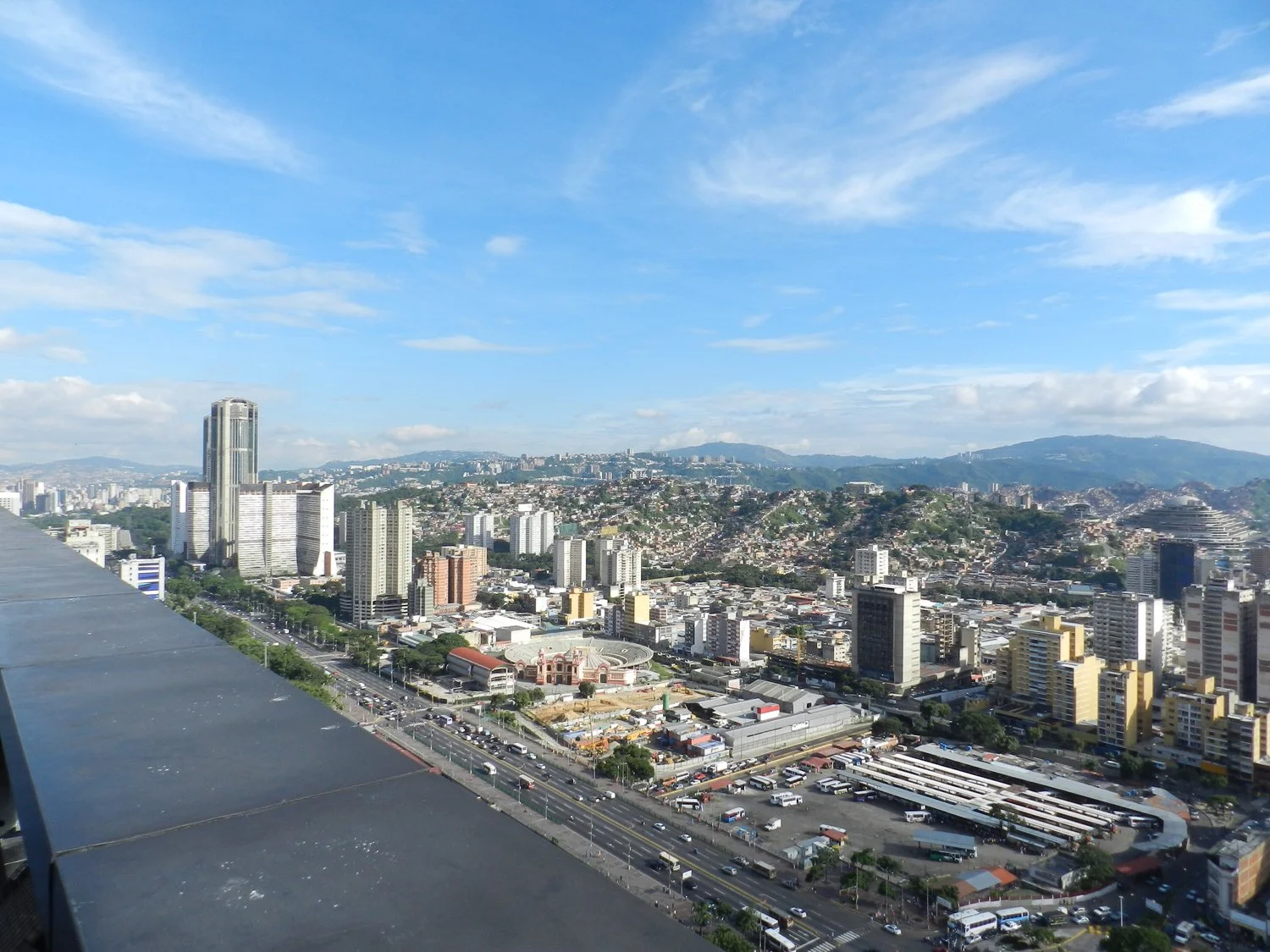By Rodrigo Acuña and Luis F. Angosto-Ferrandez
March 24, 2014
A wave of street protests, some violent, has been sweeping Venezuela. These attracted international media coverage, which often presented protests as the expression of a national crisis that anticipated the fall of president Nicolas Maduro and the collapse of his leftist Bolivarian project.
Several analysts rushed to draw parallels between Venezuela and Ukraine. They suggested the turbulent ousting of Víktor Yanukóvich in the latter foretold that Maduro’s days as head of state were numbered. This comparison was misguided.
So far, 34 people have died and more than 460 people have been wounded. These figures include bystanders and anti- and pro-government supporters.
Maduro’s government originally did instruct security forces not to use firearms under any circumstances and not to confront protesters. When these orders were disobeyed, the head of the country’s intelligence agency was dismissed. Fourteen members of the security forces were arrested and charged after evidence of misconduct.
According to Venezuela’s attorney-general Luisa Ortega Díaz, by February 28 the government had detained 1044 people, of whom 418 were students. While most have since been released, by mid-March authorities in the state of Carabobo detained three paramilitary groups – some with C4 explosives and military-grade firearms.
This was a reminder of the government’s claims that it faces violent destabilisation plans from certain sectors of the opposition. Nevertheless, in response to criticisms of heavy-handedness, the Maduro administration has created a commission where people can report human rights violations by authorities.
Maduro has electoral legitimacy
Forecasters of Maduro’s political swansong ignored three key elements to understand where Venezuela is right now: the source of the president’s legitimacy; the high support he retains; and a weak opposition incapable of democratically channelling existing discontent.
In April 2013, Maduro was elected with 50.61% of the vote, only 1.49% ahead of opposition leader Henrique Capriles. These results were disappointing for the opposition bloc. After Hugo Chávez’s death a month earlier, they had considered their political rivals mortally wounded in electoral terms.
Ignoring the reports of national and international observers who backed the transparency of the election, the opposition was reluctant to recognise Maduro’s legitimacy. They requested an audit, which confirmed the initial result. The opposition validated the result by turning to preparations for the municipal elections in December 2013.
The economy was weakening after years of extraordinary growth. Inflation, nearing 50% in a country chronically affected by this problem, brought extra burdens on the popular classes. Despite these circumstances and rising concerns about corruption within sectors of the government, pro-government candidates won a sweeping victory in the municipal elections.
Voters opted for candidates associated with a project that, warts and all, has demonstrated a commitment to redistributive policies and social rights. The opposition lacked a clear alternative project.
Opposition has dubious record
The opposition remains fragmented. This is largely due to a weak leadership, which over the past 15 years has ambiguously oscillated between electorally competing with the government and supporting extra-institutional adventures to oust elected presidents.
The opposition did the latter when it supported a military coup against Chávez in 2002 and an oil industry lockout in 2003. In 2005, it disbanded before the National Assembly elections. The opposition has repeatedly questioned electoral results not in its favour.
To add to its dilemma, the opposition has often turned towards the United States for guidance and financial assistance. This move has reinforced government legitimacy due to strong nationalist sentiments in the country.
In the past few weeks, the opposition leadership fell into an old trap by not clearly disassociating itself from violent protesters. Government buildings, private property, public transport and police vehicles were destroyed. Actions such as the blocking of roads not only angered commuters, but also indirectly contributed to the country’s death toll by obstructing people’s access to medical treatment.
On a couple of occasions, snipers assassinated citizens who tried to clear the barricades to facilitate transit. These actions seriously alienated sectors of the opposition base that do not support violent practices.
A large challenge for the Maduro administration will come now from the trial of Leopoldo López, the hard right-wing opposition leader at the centre of the protests. Calling on people to “show their rage” against the government, his main message was that protests must continue until Maduro resigns. Whether the attorney-general can put together a compelling case connecting López to the violence remains to be seen.
For now, support for the Venezuelan government remains high. Its repeated calls for peaceful dialogue with the opposition were not attended by a disoriented opposition leadership.
The lack of dialogue is a pity, since it could have contributed to stopping the violence that affected Venezuela over the past few weeks, saving lives. But it is also a pity for a country that deserves a democratic opposition.
